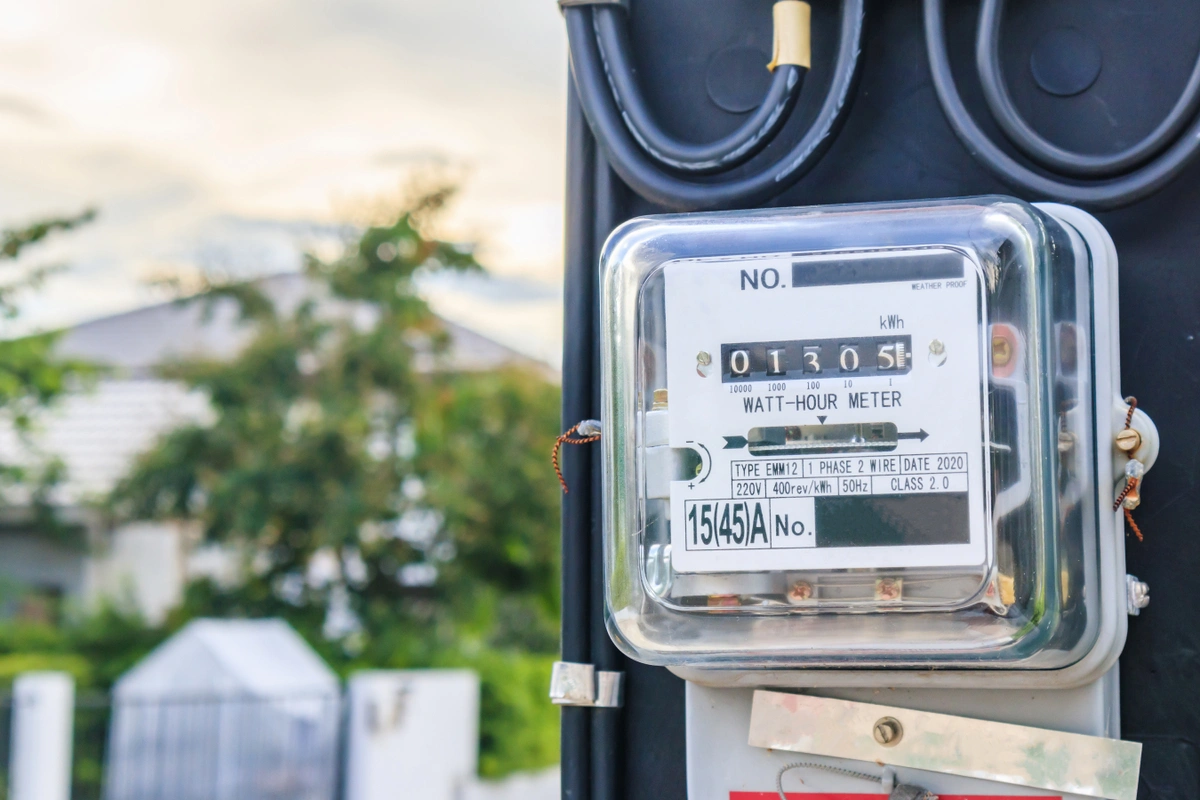How Much Does it Really Cost to Own an Electric Car
Electric cars promise lower running costs, eco-friendly driving, and high-tech features—but how much do they really cost to own compared to traditional gas cars? The answer isn’t simple, because ownership involves more than just the sticker price. Below, we break down every major factor: from purchase price to charging costs, maintenance, resale value, and hidden expenses buyers often overlook.
Find out the history of an EV you’re interested in by entering your VIN below:
1. Purchase Price: The Upfront Investment
EVs often cost more upfront than gas cars in the same category. For example, compact EVs may start around $30,000, while midsize or luxury EVs can easily exceed $60,000–$80,000. However, the gap is narrowing as battery costs fall and more manufacturers enter the market.
Many buyers reduce the upfront cost with federal tax credits (up to $7,500 in the U.S.), state rebates, and local utility incentives. Always research what applies in your state, as incentives can shave thousands off the sticker price.
2. Charging Costs vs. Fuel Costs
The biggest financial advantage of EVs is lower “fuel” costs. On average, electricity is cheaper per mile than gasoline. According to U.S. Department of Energy data, charging an EV costs the equivalent of about $1.10 per gallon of gas.
- Home charging: Around $0.10–$0.20 per kWh, depending on your state and time of day. A 300-mile full charge may cost $7–$15 at home.
- Public fast charging: Costs vary—often $0.25–$0.50 per kWh. A full charge can run $20–$35, still less than filling a gas tank in many regions.
Gasoline prices fluctuate more dramatically than electricity, giving EV owners more stability in budgeting fuel costs.
3. Home Charging Installation
To maximize savings, most EV owners install a Level 2 home charger. This adds an upfront cost of $500–$2,000 including equipment and installation. While optional (you can use a standard outlet), faster home charging is usually worth the investment for daily convenience.
4. Maintenance and Repairs
EVs have fewer moving parts and don’t need oil changes, fuel filters, or spark plugs. Regenerative braking also reduces brake wear. Over 5–10 years, EV owners can save hundreds to thousands on routine maintenance compared to gas cars.
However, battery replacement is a long-term concern. Most EV batteries are designed to last 8–15 years, but replacements outside warranty can cost $5,000–$15,000. Luckily, warranties usually cover 8 years or 100,000 miles, and battery failure is less common than many fear.
5. Insurance Premiums
Insurance tends to be 10–20% higher for EVs due to costly specialized repairs and advanced technology. Comparing providers is crucial, since premiums vary widely and some insurers now offer EV discounts.
6. Depreciation and Resale Value
Depreciation is one of the biggest hidden costs of any car. Early EVs depreciated steeply due to range anxiety and fast-moving tech. Today’s EVs hold value better, especially models with long range and strong demand like Tesla, Hyundai, and Ford EVs. Buyers should compare projected resale values when calculating total cost of ownership.
7. Incentives, Rebates, and Perks
Incentives can drastically cut costs. Beyond federal tax credits, many states and cities offer rebates, discounted registration, and even access to carpool lanes. Some utilities offer lower electricity rates or rebates for installing chargers.
8. Hidden Costs to Watch Out For
- Road trip charging fees and idle fees if you leave your EV plugged in at a public station.
- Higher registration fees in some states (to make up for lost gas tax revenue).
- Potential need for upgraded home electrical systems to handle Level 2 charging.
9. Total Cost of Ownership: EV vs. Gas
Studies show that over 5 years, EVs can save $4,000–$10,000 in operating costs compared to gas cars, depending on mileage and local fuel prices. While the upfront purchase price is usually higher, the savings on fuel and maintenance often outweigh it in the long run.
Final Thoughts
The real cost of owning an electric car is a mix of higher upfront investment but lower long-term expenses. Factor in incentives, cheaper charging, reduced maintenance, and growing resale demand, and EVs can be a financially smart choice. Before buying, run a VIN report, research charging options, and compare models to ensure the savings work for your lifestyle.
Disclaimer: This article is for informational purposes only and does not constitute financial advice. EV ownership costs vary by model, driving habits, and location. Always research incentives and consult professionals before making a purchase decision.
